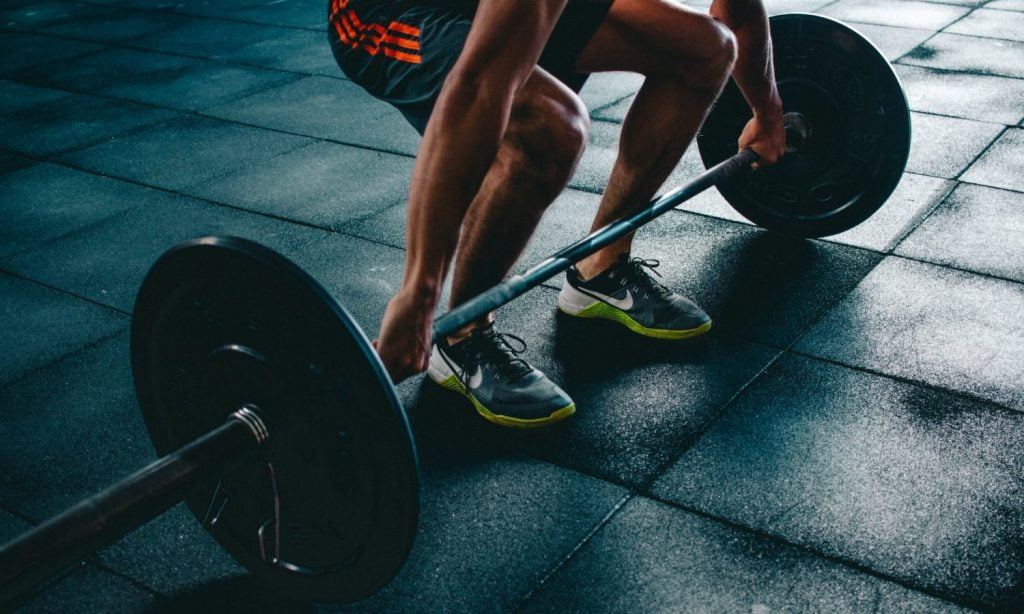
Exercise pumps “cannabis-like” molecules into our bodies, finds a new study
By Nina Zdinjak
Many athletes and running enthusiasts insist that once you start running, you can’t stop – you become addicted! The same is true of many other forms of exercise.
In fact, science tells us that exercise produces chemicals called endorphins, often referred to as “feel good chemicals” because they act as pain relievers and can make you feel euphoric, or as many call it, a “runner’s high”. ”
Now a new study is adding scientific facts to that set, reports the Miami Herald.
Photo by Caley Vanular via Unsplash
According to a study published Nov. 17 in Gut Microbes magazine, exercise charges anti-inflammatory and “cannabis-like” molecules by changing the bacteria in your gut. Researchers call them “cannabis-like substances” because they act similarly to the cannabinoids produced by the cannabis plant. On the other hand, endocannabinoids, which are known to minimize inflammation and help with certain health conditions such as heart disease and arthritis, are naturally produced in our bodies.
RELATED: Boost Your Runner’s High With Marijuana
“Our study clearly shows that exercise increases the body’s own cannabis-like substances, which can have a positive effect on many diseases,” said the study’s lead author and research fellow at the School of Medicine at the University of Nottingham in Great Britain, Dr. Amrita Vijay said in a press release. “As an interest in cannabidiol [CBD] As oil and other dietary supplements increase, it is important to know that simple lifestyle interventions like exercise can modulate the endocannabinoids. “
The study details
The study looked at 78 participants older than 45 years with painful knee osteoarthritis. Thirty-eight volunteers were assigned specific strength exercises daily for six weeks, while the other 40 did nothing. The participants were compared to a group of healthy adults without osteoarthritis.
 Photo by Victor Freitas via Unsplash
Photo by Victor Freitas via Unsplash
The blood and stool samples collected showed that the participants who exercised had pain relief and had more specific bacteria in their gut, which in turn induced anti-inflammatory agents. They also had higher levels of endocannabinoids, which the researchers say are responsible for a third of the anti-inflammatory effects in the gut.
RELATED: Why Exercise May Improve Memory and Delay Alzheimer’s Disease
The people who did not exercise did not experience these positive changes in their bodies.
In addition to the high, moderately intensive training units of the runner, there are numerous advantages that support sleep, mood and the ability to concentrate.
This article originally appeared on Benzinga and was republished with permission.

Post a comment: